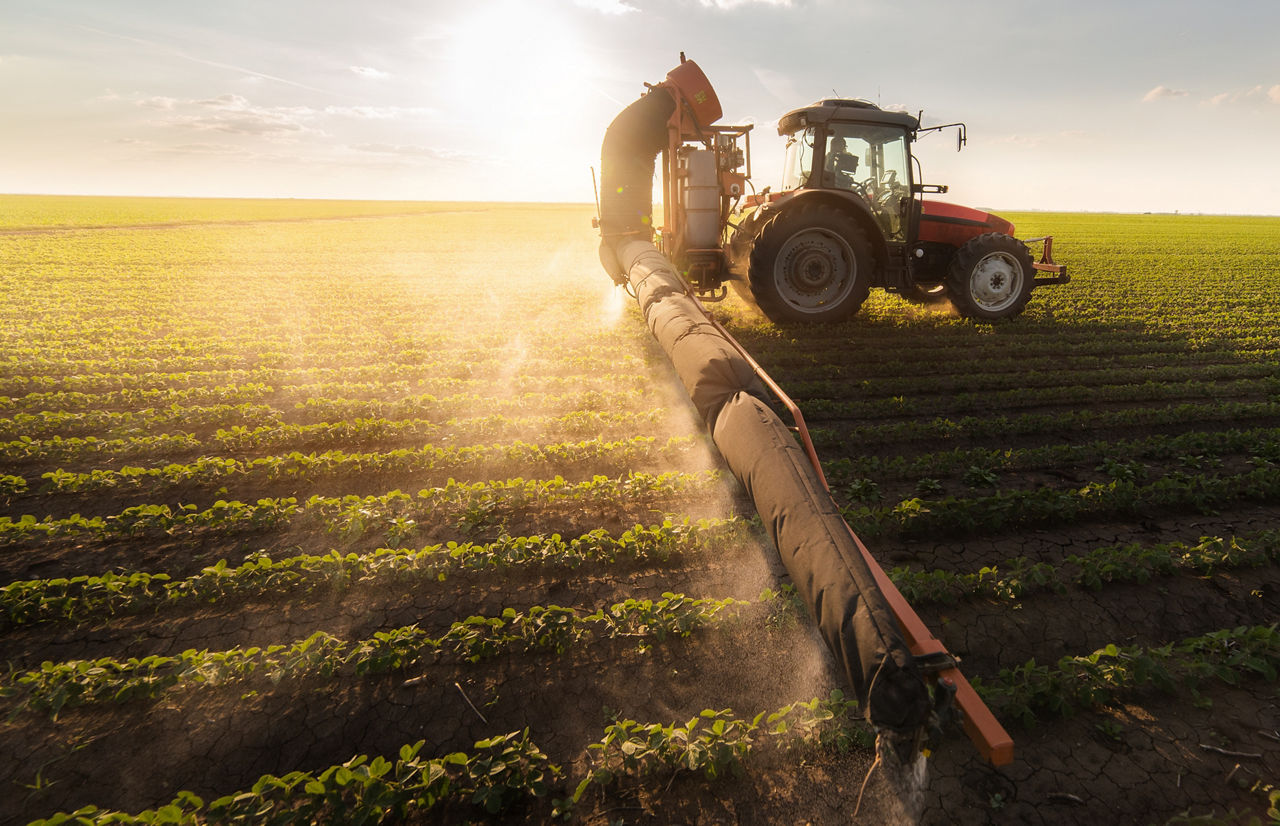REGULATORY CONSULTANCY FOR ALL YOUR REGISTRATION NEEDS
-
Dedicated team of scientific and regulatory consultants with knowledge of biopesticide regulations, microbiology and chemistry
-
Comprehensive management of all aspect of the administrative, technical and scientific aspects of biopesticide dossier preparation and submission across global jurisdictions
-
Experience steering biopesticides through approvals in the EU/EEA and U.S. Proven track record in helping biopesticides meet Environmental Protection Agency (EPA) registration requirements.
As the advantages of biopesticides in agriculture have become increasingly clear, the European Union (EU) has approved new rules to accelerate approvals and authorizations. If you need advice on your testing strategy in light of the new EU rules that have entered into force in November 2022, contact our team of crop protection regulatory experts to help.
Biopesticides are used to manage pests, weeds and diseases in the same way as synthetic crop protection products are often used together in so called integrated pest management programs. There is no universally accepted definition of a biopesticide but, essentially, it describes a substance derived from nature that is formulated and used like a conventional pesticide. Biopesticide active substances generally fall into three categories: microorganisms, botanicals and semiochemicals.
The regulatory frameworks for biopesticides vary worldwide and continue to evolve. The US EPA framework may be the most ‘fit for purpose’ as it reflects the unique requirements of biological active substances. In other regions, such as the EU, biopesticides are regulated via legislation designed more for conventional chemicals, with someadaptations. Despite the adaptations, legislation can still set unachievable endpoint demands and slow approval. Guidance from the UN FAO and WHO is helping to simplify and enhance biopesticide approval processes globally.
The connected insight of our regulatory team and their command of regulatory science will keep you on track with your biopesticide approvals.
The specialized insights of our regulatory consultants will keep you on track with your biopesticide approvals. Stay up-to-date on the latest changes within the regulatory landscape and find out what it means for biopesticide regulation.
Understanding the scientific and regulatory requirements for biopesticides
As they are derived from nature, the regulation of biopesticides should be simple; however, this does not mean that they are necessarily safe and do not present an intrinsic hazard or risk if humans or the environment are exposed in a different way. You will have to consider multiple questions to get a biopesticide through approval. What safety and efficacy endpoints are needed and accepted? What data already exists and how can it be leveraged? What data waivers are appropriate? How to generate the endpoint information needed? How to make convincing scientific arguments that are acceptable to regulators? What are the different data requirements for active substances and products?
Planning a streamlined journey through biopesticide regulatory requirements
A collaborative approach and expertise in regulatory science allows us to pilot your biopesticide active substance and products through all the regulatory requirements. Excellence in leveraging existing published and unpublished data ensures scientific arguments are robust and additional testing minimized.
Experience navigating a range of global biopesticide regulations and data requirements including:
- Regulation (EU) 1107/2009 (Regulation concerning placing of plant protection products on the market)
- Regulation (EU) 2017/1432 (amendment to Regulation (EU) 1107/2009 to recognize low-risk substances)
- Regulation (EU) 283/2013 (Data requirements for active substances)
- Regulation (EU) 284/2013 (ProductsData requirements for plant protection products)
- USA regulation 40 CFR Part 158 data requirements
Identifying and filling additional biopesticide data requirements with tailored studies
Our integrated approach and joined-up thinking mean studies are tailored to meet the specific needs of your biopesticide. This streamlines programs and optimizes cost effectiveness.
We can generate a range of endpoints for your biopesticide, dependent on category, including:
- Identification and characterization: identity, composition, biological properties, 5-batch analysis, absence of microbial pathogens, storage stability etc.
- Human health impact: acute toxicity/pathogenicity, sensitization, genotoxicity
- Fate and behavior in the environment: persistence, breakdown and decomposition pathways
- Ecotoxicology: risk posed to non-target organisms

